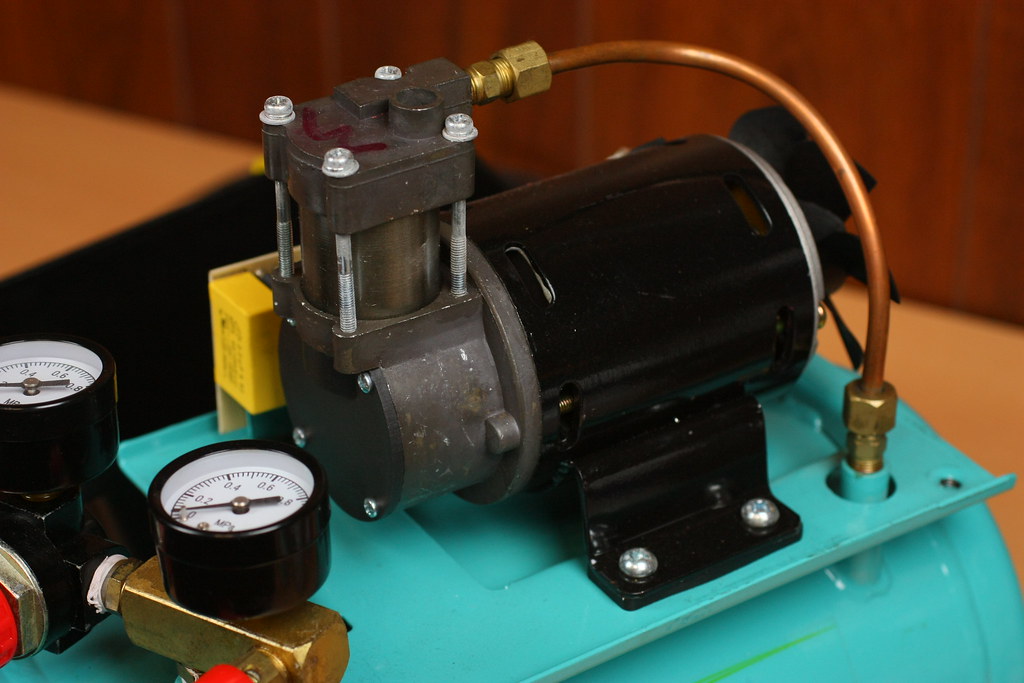Servicing your air compressors

As is the case with anything mechanical, it is good to service your air compressors on regular occasions to ensure it maintains its durability, reliability and performance.
Why is servicing so important for air compressors?
Many of the top manufacturers advise that you should get air compressor servicing either annually, each 2,000 hours periods they have been running or whichever works out shortest.
This makes sense since air compressors expected to work exceptionally hard for you over long periods.
As well as absorbing a lot of power while they used, they also emit a considerable amount of heat. To stop air escaping, they also need to tested to excellent tolerances.
When you get all of this into consideration, it’s easy to see why air compressors need to meet the following criteria:
- Sturdy build, with high-quality engineering to handle the torque force and power they work with
- Machined and sealed with expert precision to minimise the internal gaps and possible air leakages
- Capable of handling high temperatures to ensure they can use hot materials and transfer high volumes of energy
- Able to suction and then compress vast volumes of air from the atmosphere, without the impurities present in the air negatively affecting the internal components of the compressor.
It can be a critical balance to find, as many of the features and criteria we’ve noted can work against one another. Excellent tolerance and high temperatures as an example.
The biggest issue facing air compressors is heat damage, corrosion and wear and tear.
What is Involved in the average service of an air compressor?
- First, the engineer performing the service will ensure the machinery is running correctly, and there are no noticeable faults.
- Assessing the internal parts and external panelling for any signs of damage
- They will then check for any air and oil leaks, as these may be a sign of more severe problems.
- The engineer will look at the machine’s fault history using their controller.
- They will then change both the air and oil filters. These components help to stop particles present in the air from clogging and damaging the internal parts. Although it may seem like a fairly insignificant part, filters are integral to the efficiency of the compressor.
- The oil will then be either changed or topped up, depending on how much the compressor needs to be serviced. Oil, when used as a lubricant in this way, performs many jobs and is involved in sealing and cooling. As it degrades in time, it needs to be replaced and replenished eventually. Not just the right amount of oil but also the correct type of oil must used.
- The oil separator, depending on the specific kind of compressor you own, will normally either cleaned, assessed or completely replaced.
- If there are belts fitted to your compressor, it may time to have them replaced as they can wear out in time, which can impact the effectiveness and efficiency of the compressor.
In summary, it is important not to neglect the arrangement of regular air compressor servicing appointments, if you need to make sure it stays in good working order.
Otherwise, you could end up with an expensive repair job on your hands, or possibly your compressor ending up on the scrap heap.






